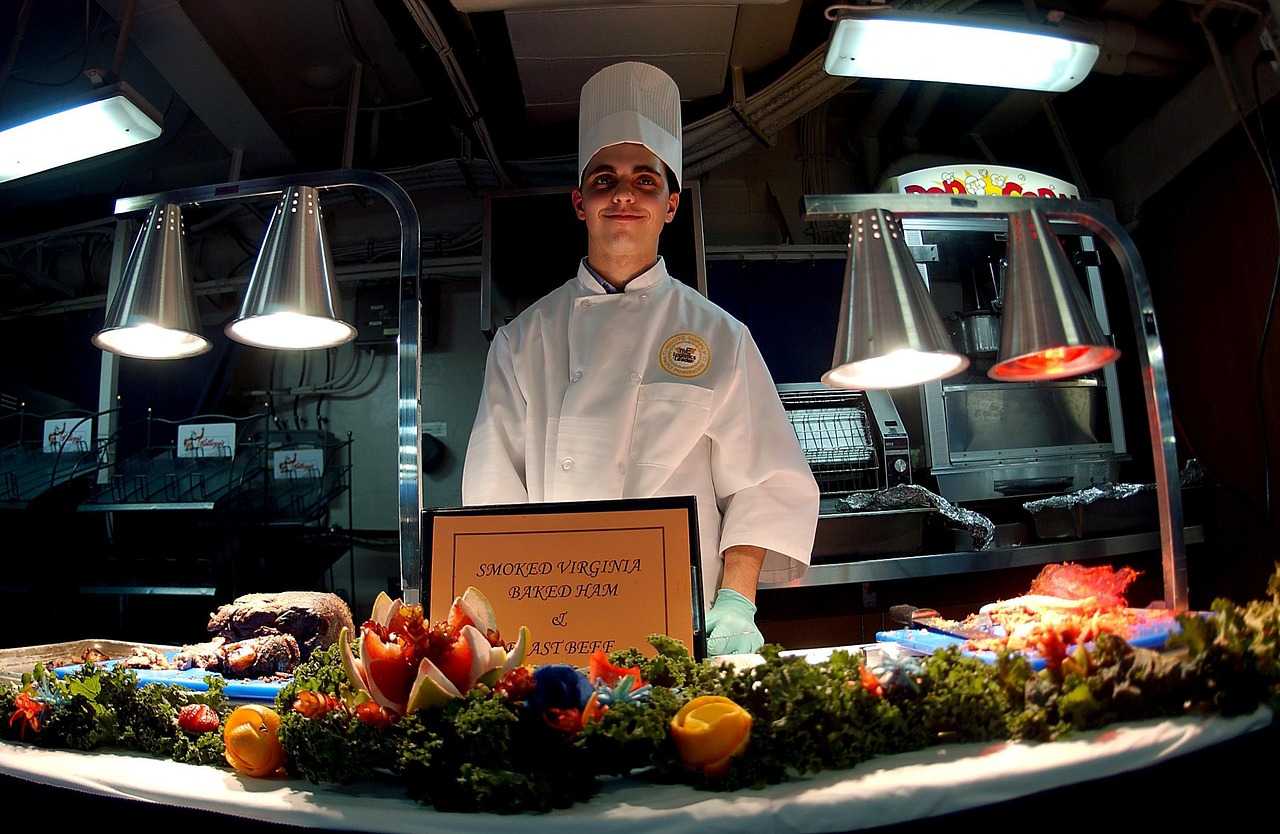
Whether you aspire to become a top chef in a world-renowned restaurant or dream of opening your eatery, acquiring a professional culinary degree could be a pivotal step in your journey. Learning from accomplished chefs and industry professionals, understanding the complexities of food science, and mastering culinary techniques are just a few of the many reasons to consider a formal education in the culinary arts. Keep reading to discover how a culinary degree can be a quintessential ingredient to a flavorful career.
How a Culinary Degree Enhances Career Opportunities
Obtaining a culinary degree can open the door to a myriad of career paths within the food and hospitality industry. Graduates are not limited to traditional chef roles; they can pursue careers as food stylists, culinary instructors, or food writers, to name a few. The degree provides versatility in an industry that values creativity and skill.
Moreover, employers within the food sector often seek candidates who have demonstrated their dedication to their craft through formal training. A degree can provide a competitive edge when applying for high-profile positions or at esteemed establishments, where the caliber of candidates is extremely high. This educational background can help distinguish an applicant from the pool of hopefuls.
Not to overlook are the specialized areas within the culinary field that require a nuanced understanding of specific practices, like pastry arts or molecular gastronomy. A degree may offer specialized tracks that further develop a student’s expertise in these areas, making them invaluable talents in niche markets of the culinary world.
The Role of a Culinary Education in Skill Development
Through a culinary degree program, students are trained in a variety of essential skills that go beyond basic cooking techniques. The precision required in culinary arts helps develop a student’s dexterity and attention to detail. From knife skills to timing and presentation, the practical lessons help refine the talents necessary for any culinary professional.
Furthermore, a culinary education teaches students about the science of food and how different cooking methods affect the taste, texture, and appearance of dishes. This foundational knowledge is critical for chefs who need to experiment and innovate in their cooking. Understanding food science also allows a chef to troubleshoot recipes and adjust them for dietary needs or preferences.
Classroom education involves not just individual skill but also training in effective teamwork. Kitchens are fast-paced environments where communication and collaboration are vital. Culinary programs often replicate these settings, teaching students to work cohesively with others, which is a crucial aspect of any successful culinary career.
Networking and Exposure: The Untold Advantages of Culinary Schools
One of the less discussed yet significant benefits of attending a culinary school is the networking opportunity. Being in an educational environment surrounded by fellow aspiring chefs and industry professionals offers a unique platform for building relationships that can last throughout a career. These connections often lead to job leads, collaborations, and mentorships.
Furthermore, many culinary schools invite guest chefs, hold workshops, and facilitate events that allow students to interact with industry leaders. These experiences can provide insight into the latest trends and techniques in the culinary world. Students are frequently able to showcase their talents to these professionals, opening doors to potential job offers or apprenticeships.
School-sponsored culinary competitions and food festivals also provide students with a stage to gain recognition for their skills. Participating in these events can bolster a student’s portfolio and resume, making them more attractive to future employers. The exposure from these experiences can be invaluable in launching a successful career.
Last but not least, culinary schools often have alumni associations that support graduates throughout their professional journey. Being part of an alumni network can lead to exclusive job opportunities and continuing education possibilities. The camaraderie formed through these networks can be a source of support and inspiration for both new and seasoned culinary professionals.
The decision to pursue a culinary degree can be transformative, laying the groundwork for a rewarding career in the diverse and dynamic world of food and hospitality. With enhanced career prospects, vital skill development, unparalleled networking opportunities, and a strong foundation for entrepreneurial endeavors, the investment in a culinary education continues to yield rich dividends.
 Stevens Kisernal has played an influential role in shaping the content and strategic direction of Top Wellness Activity Hub, bringing a wealth of knowledge and experience to the project. With a background in wellness consulting and a strong understanding of health trends, Stevens has been integral in guiding the platform's approach to providing quality, evidence-based information. His contributions have been crucial in developing the diverse range of resources available, from expert insights on meditation techniques to in-depth reviews of wellness gear. Stevens's vision is to create a platform that offers comprehensive guidance to wellness enthusiasts, regardless of where they are on their journey.
In addition to his role in content development, Stevens is a key strategist for the platform, helping to define its long-term goals and ensuring its continued growth. He works closely with the team to maintain a high standard of quality in all published materials, ensuring that the platform remains at the forefront of the wellness industry. Stevens’s dedication and strategic acumen make him an essential part of the team, driving innovation and inspiring others to contribute to the platform’s mission of promoting overall well-being.
Stevens Kisernal has played an influential role in shaping the content and strategic direction of Top Wellness Activity Hub, bringing a wealth of knowledge and experience to the project. With a background in wellness consulting and a strong understanding of health trends, Stevens has been integral in guiding the platform's approach to providing quality, evidence-based information. His contributions have been crucial in developing the diverse range of resources available, from expert insights on meditation techniques to in-depth reviews of wellness gear. Stevens's vision is to create a platform that offers comprehensive guidance to wellness enthusiasts, regardless of where they are on their journey.
In addition to his role in content development, Stevens is a key strategist for the platform, helping to define its long-term goals and ensuring its continued growth. He works closely with the team to maintain a high standard of quality in all published materials, ensuring that the platform remains at the forefront of the wellness industry. Stevens’s dedication and strategic acumen make him an essential part of the team, driving innovation and inspiring others to contribute to the platform’s mission of promoting overall well-being.